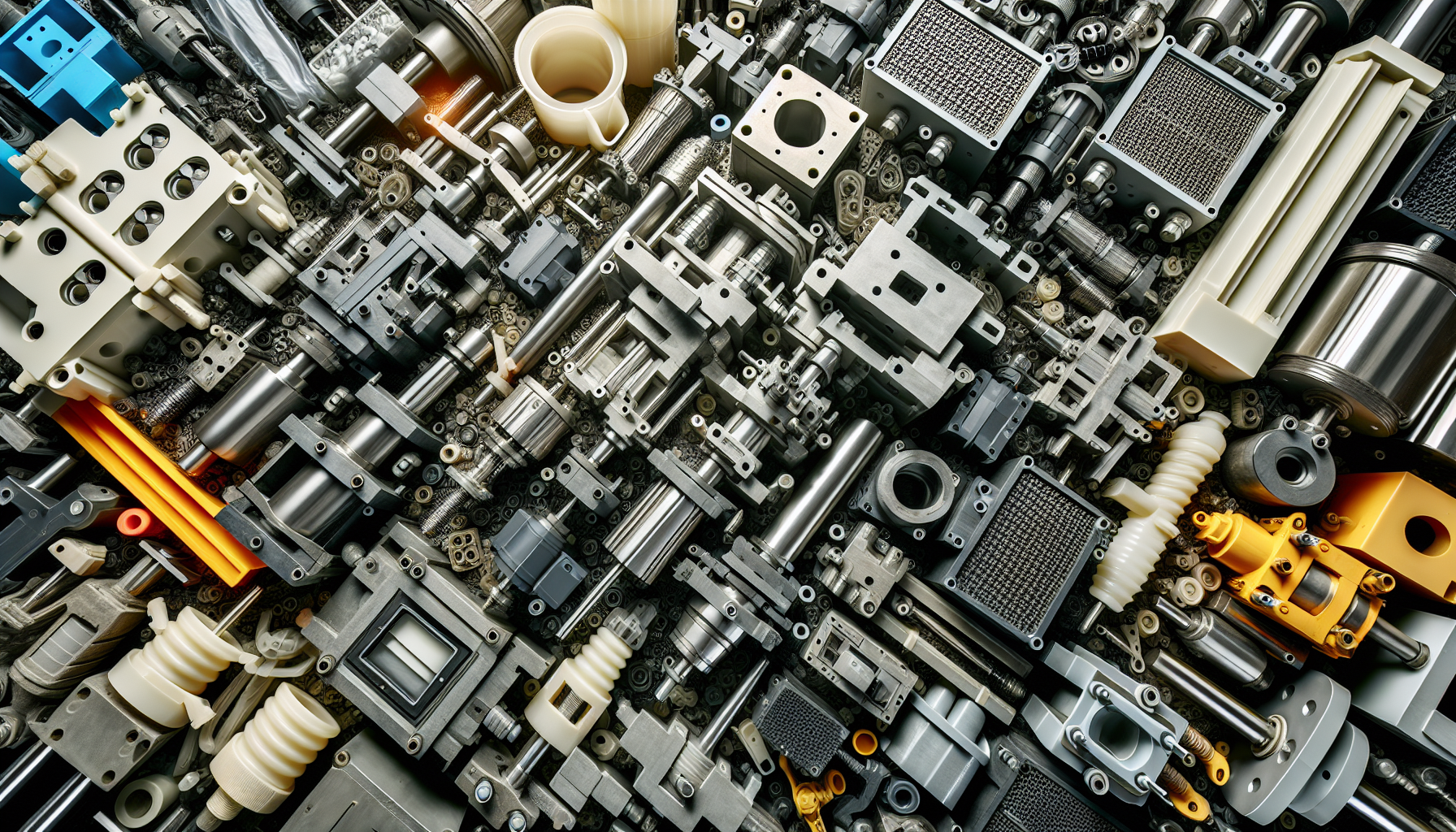Do I Have To File ISF For Other Plastic And Rubber Machinery
Do I Have To File ISF For Other Plastic and Rubber Machinery
If you are thinking about importing plastic and rubber machinery into the United States, you may be wondering about the ISF filing requirements. ISF, or Importer Security Filing, is a vital component of the entry process, and it’s important to understand whether or not your specific type of machinery falls under this regulatory requirement. In this article, we will delve into the details and provide you with the information you need to determine if you have to file ISF for other plastic and rubber machinery.

Understanding ISF Compliance
Before we discuss whether or not ISF filing is required for plastic and rubber machinery, it’s crucial to have a solid understanding of ISF compliance. ISF is a U.S. Customs and Border Protection (CBP) regulation that requires importers to provide specific information about their imported goods before they arrive in the country. This information helps CBP assess the security risk of imported goods and ensure the safety and security of the supply chain.
What is ISF?
The Importer Security Filing (ISF) is also known as the “10+2 Rule” because it requires importers to submit ten data elements at least 24 hours before the goods are loaded onto a vessel destined for the United States. In addition to these ten elements, carriers are also required to submit two additional data sets, creating a comprehensive picture of the incoming cargo.
ISF Filing Requirements for Plastic and Rubber Machinery
Now that you have a basic understanding of ISF compliance, let’s discuss whether or not you need to file ISF for other plastic and rubber machinery. In general, the ISF regulations apply to all goods imported into the United States by vessel, including plastic and rubber machinery.
Determining ISF Requirements for Your Machinery
To determine if your specific type of plastic and rubber machinery falls under the ISF filing requirements, you need to consider the Harmonized Tariff Schedule (HTS) code of the product. The HTS code is a 10-digit number that classifies the goods for import purposes, and it plays a crucial role in determining ISF requirements.
Consult with Experts for ISF Compliance
If you are unsure about whether or not your plastic and rubber machinery requires ISF filing, it is advisable to consult with experts who specialize in customs regulations and compliance. They can help you determine the correct HTS code for your machinery and guide you through the ISF filing process.

Three Steps to Ensure ISF Compliance
Ensuring ISF compliance for your plastic and rubber machinery is crucial to avoid penalties and delays in the import process. Here are three essential steps to follow to ensure you meet the ISF filing requirements:
-
Identify the Correct HTS Code: The first step is to identify the correct HTS code for your plastic and rubber machinery. This code will determine whether or not your goods fall under the ISF filing requirements.
-
Submit ISF Information Timely: Make sure to submit the required ISF information at least 24 hours before the goods are loaded onto the vessel. Failure to do so can result in fines and cargo delays.
-
Maintain Accurate Records: Keep detailed records of your ISF filings and any communications with customs authorities. This will help you stay organized and compliant with ISF regulations.
ISF Compliance Services
If you are looking for assistance with ISF compliance for your plastic and rubber machinery imports, consider contacting reputable customs brokers and compliance experts who offer ISF filing services. These professionals can help you navigate the complexities of ISF regulations and ensure that your imports are compliant with CBP requirements.
ISF Compliance
Ensure your imports meet all ISF filing requirements with the help of our experienced team of customs compliance experts. Contact us today to learn more about our ISF compliance services.
US Customs Clearing
Navigating the US customs process can be complex, especially for first-time importers. Contact us for assistance with customs clearance and ensure a smooth entry process for your plastic and rubber machinery imports.
Customs Import Bond
A customs import bond is a crucial requirement for importing goods into the United States. Our team can help you secure the necessary bonds to facilitate the entry of your plastic and rubber machinery into the country.
Optimize Your Imports with a Free Consultation
In conclusion, understanding whether or not you have to file ISF for other plastic and rubber machinery is essential for smooth and compliant imports into the United States. By following the steps outlined in this article and seeking assistance from customs compliance experts, you can ensure that your imports meet all ISF filing requirements and avoid any costly penalties. Contact us today for a free consultation and learn how you can optimize your imports and stay compliant with ISF regulations.
